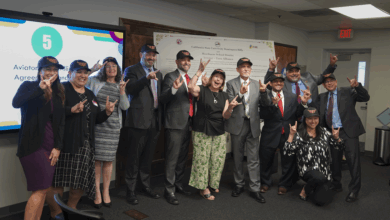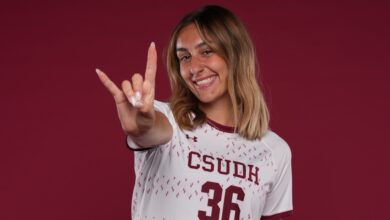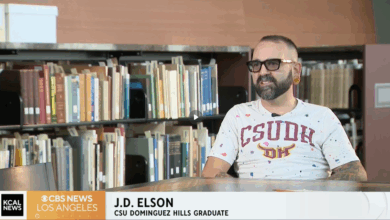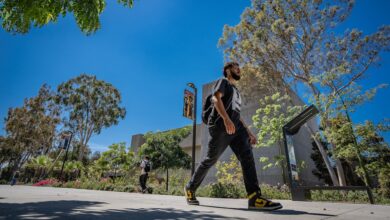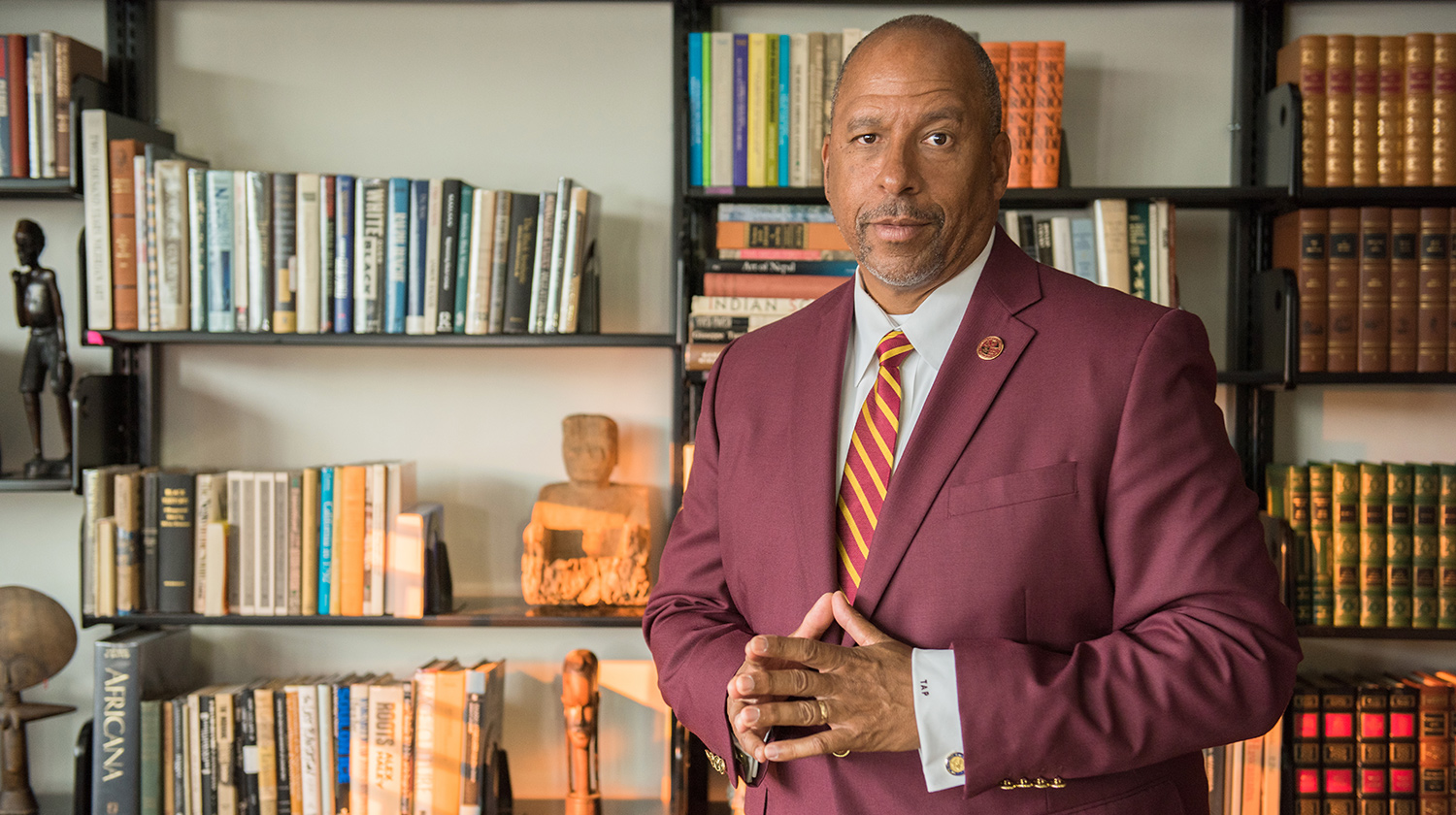Our faculty members participate in conferences around the world, conduct groundbreaking research, and publish books and journal papers that contribute to their field and highlight their expertise. We feature those accomplishments and more in this section. To share faculty news, email ucm@csudh.edu.
Academic Affairs
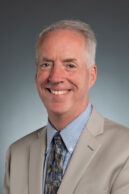
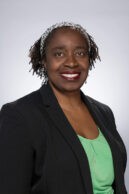
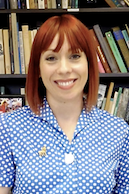
Vice Provost for Academic Affairs Ken O’Donnell became editor-in-chief of Experiential Learning and Teaching in Higher Education, a journal relating to high-impact educational practices and published in collaboration with the Society for Experiential Education. As editor-in-chief, O’Donnell appointed Associate Professor in Graduate Education Kitty Fortner as managing editor and Associate Professor of Anthropology Sarah Lacy to the journal’s editorial board.
College of Business Administration and Public Policy
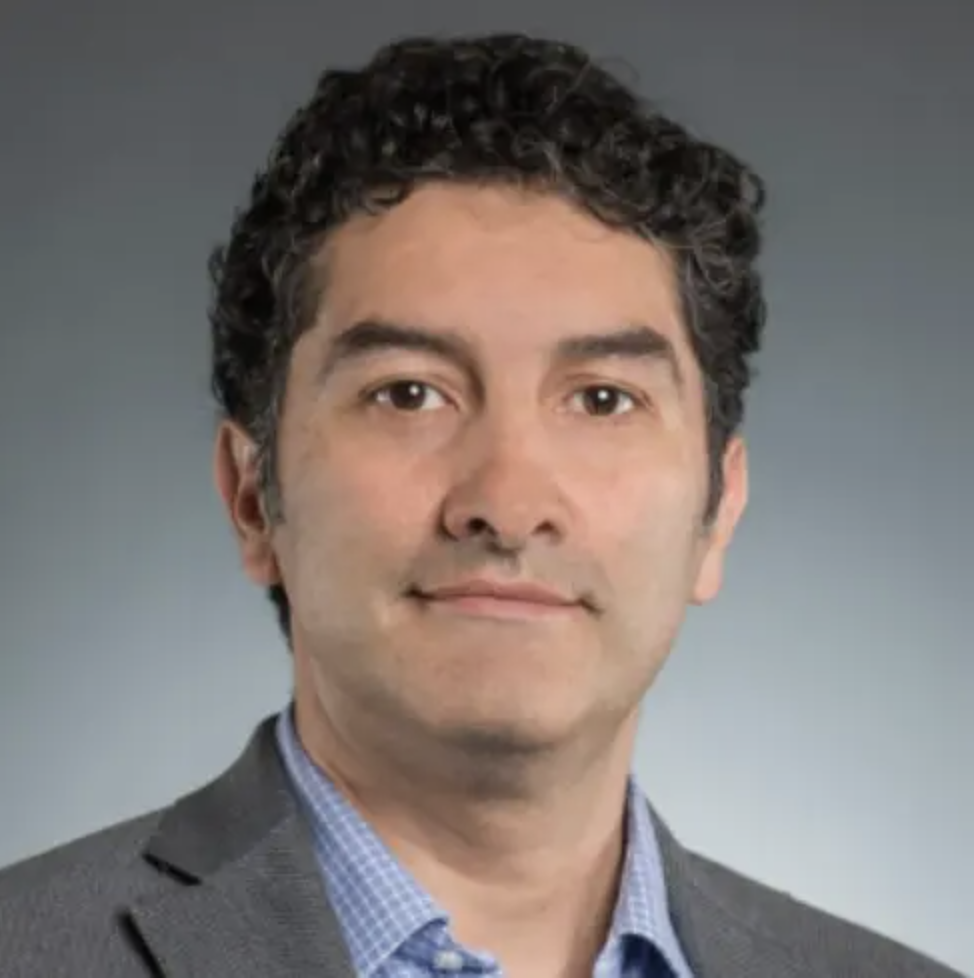
From October 19-21, Assistant Professor of Economics Nestor Garza engaged in dialogue in Santiago, Chile about emerging land use policies by the current Chilean government. Garza attended private meetings with the Santiago Land Value Index team, with potential research collaborators at Universidad Alberto Hurtado, and with Chile’s Ministry of Housing regarding land policy reforms the government wants to implement. He also delivered a public presentation at Universidad Alberto Hurtado.

Rama Malladi, associate professor of finance, authored “Application of Supervised Machine Learning Techniques to Forecast the COVID-19 U.S. Recession and Stock Market Crash,” published in Computational Economics. The paper demonstrates that supervised machine learning (ML) techniques can be used in recession and stock market crash forecasting. After learning from past monthly data, ML algorithms detected the Covid-19 recession by December 2019–six months before the official NBER announcement. The algorithms also foresaw the March 2020 S&P500 crash two months before it happened.
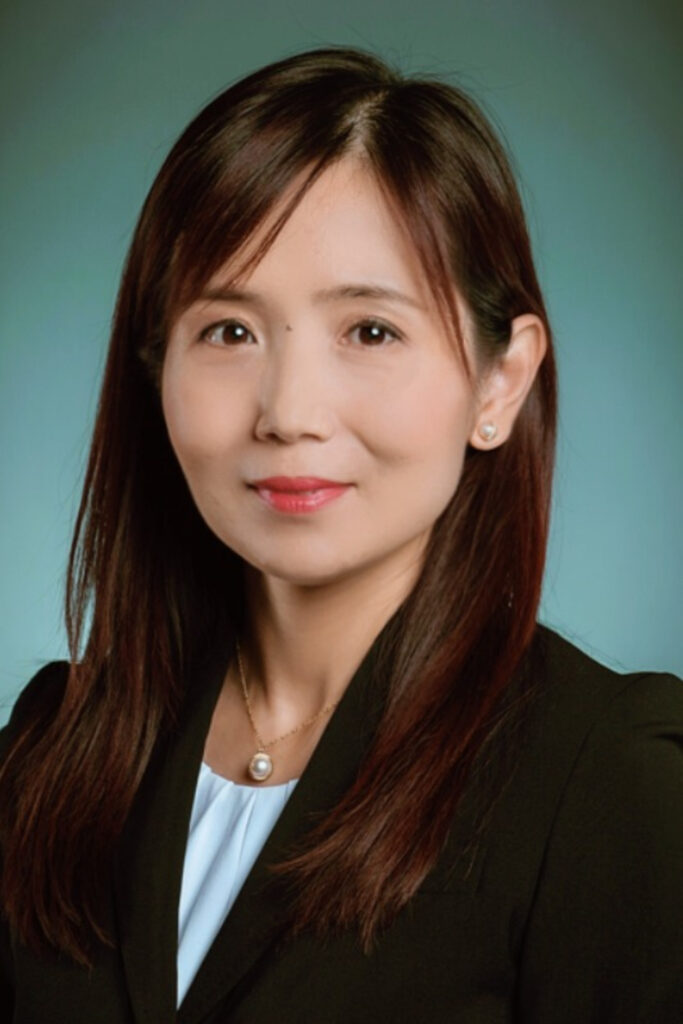
Rui Sun, professor of public administration, received the 2022 Pi Alpha Alpha Chapter Advisor Award of Excellence at the Network of Schools of Public Policy, Affairs, and Administration (NASPAA) annual conference in Chicago. Pi Alpha Alpha is the Global Honor Society for Public Affairs and Administration and has more than 160 chapters located around the world. Sun served as the Pi Alpha Alpha Faculty Advisor for the CSUDH chapter from 2014-2022, and was recognized for her outstanding leadership in engaging Pi Alpha Alpha students and alumni members in a variety of activities that aimed to advance student scholarship and promote public service values.
College of Health, Human Services and Nursing
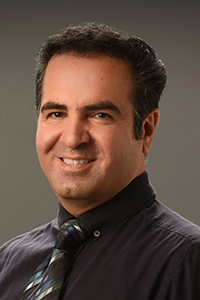
Assistant Professor of Orthotics and Prosthetics Mojtaba Kamyab co-authored three papers, including “Coronal Deformity Angular Ratio as a Predictive Factor for In”‘Brace Curve Correction and Long”‘Term Outcome of Brace Treatment in Adolescents with Idiopathic Scoliosis” for Spine Deformity, a pilot randomized trial study on the effects of equipping knee orthoses with vibrators for Gait & Posture, and “Waist Circumference, a Clinical Measurement for the Activity of Transversus Abdominis” for Iranian Rehabilitation Journal.
College of Natural and Behavioral Sciences
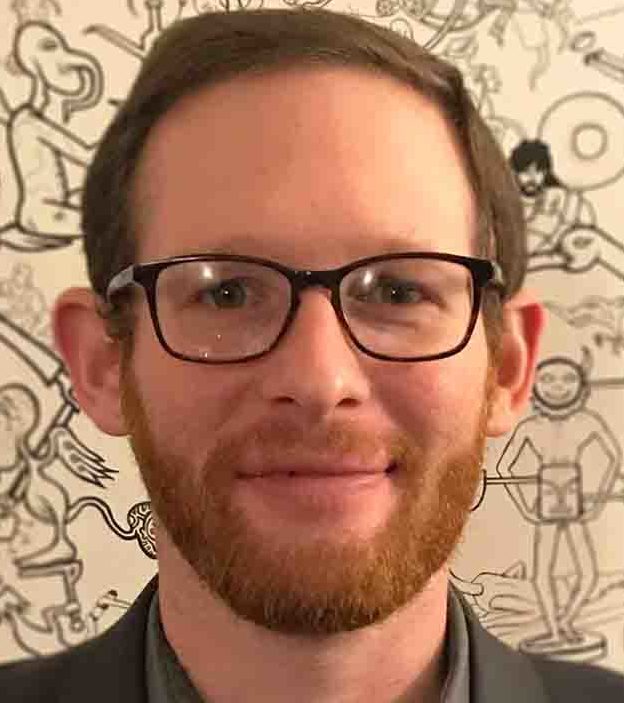
Ken Seligson, assistant professor of anthropology, was elected president of the Los Angeles chapter of the American Institute of Archaeology, an organization which advances understanding of archaeology and cultural heritage. The Los Angeles chapter is one of the oldest AIA chapters in the USA, and also offers scholarships to local students.
Recent quotes and/or interviews in the media from faculty
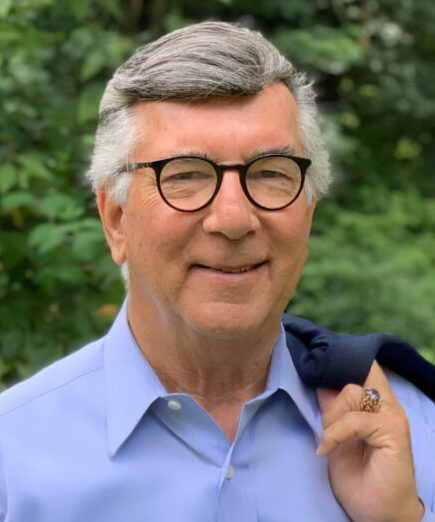
“I urge clients to avoid some of the most common errors, include accepting un-audited financials, not asking to see tax returns soon enough, and trusting earnings when inventories haven’t been audited.” – Allan Colman, adjunct professor of marketing, was interviewed about how to create a highly successful startup for Medium’s Authority Magazine. Colman was also interviewed by Enterprise Podcast Network about how businesses can make the leap from building to selling products.
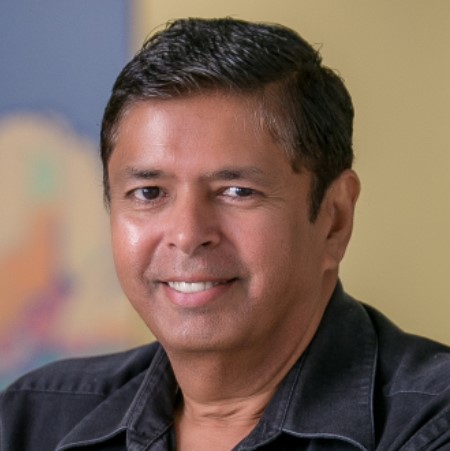
“The best way for a college student to use his/her credit card is to make sure that the student has funds to pay for the purchase already in the bank account that is tied to the credit card. In other words, the student could have paid for the purchase in cash, but since credit is available, the student chooses to use the credit card.” – Prakash Dheeriya, professor of finance, was a featured expert in a Wallet Hub piece about the best credit cards for students.
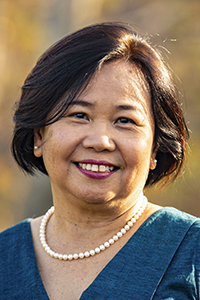
“Personal stories are critical and important. […] We want to confront injustice as well as create formative spaces whereby the community can come together and flourish.” – Karen Quek, chair and associate professor of marital and family therapy, was interviewed for the American Family Therapy Association (AFTA) podcast about Intersectionality in Family Therapy Leadership – Professional Power, Personal Identities, a book she co-authored in 2021, and the intentionality required in supporting faculty of color in higher education.


